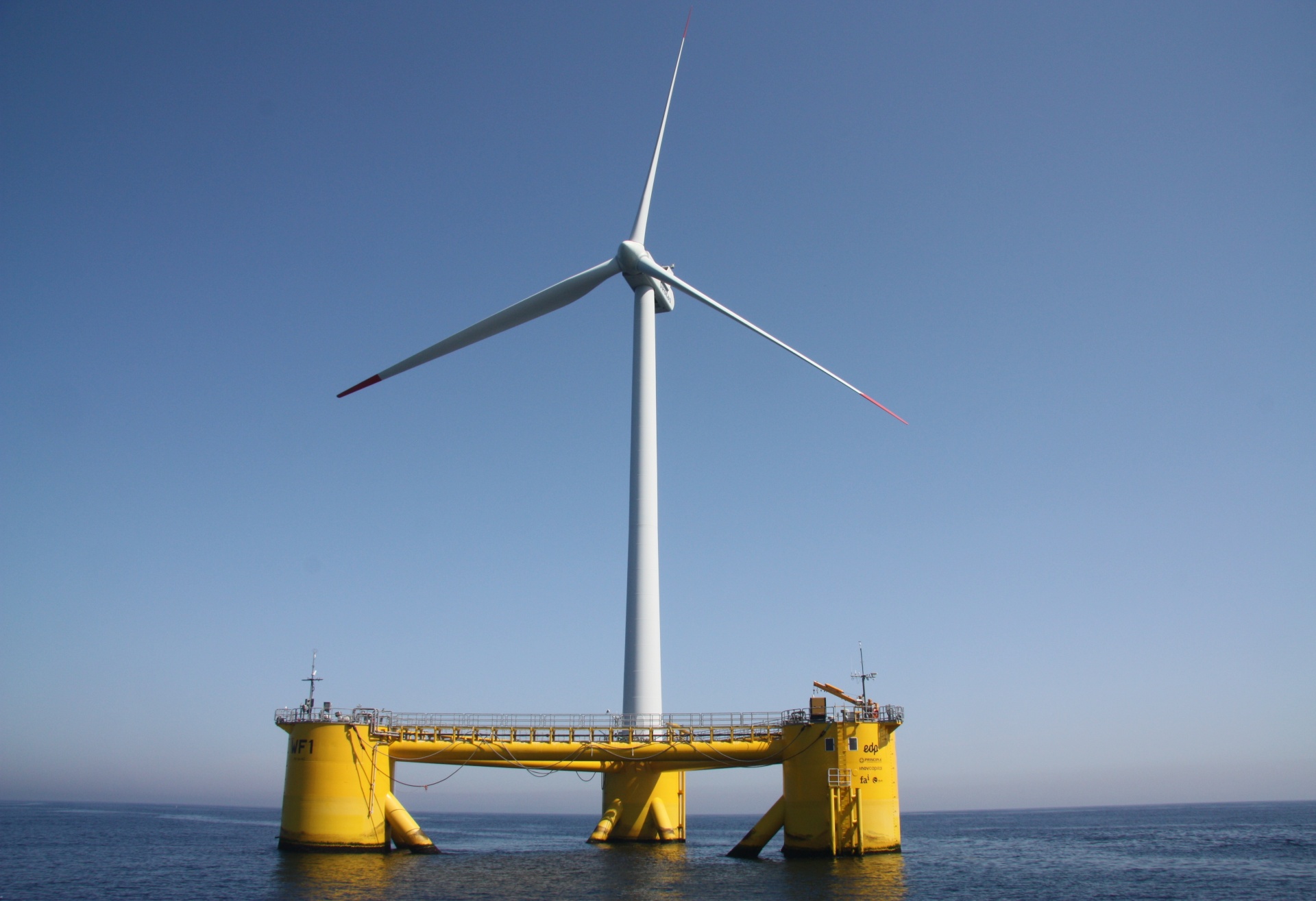
eCom helps in achieving the UK and Scottish Governments’ Energy Strategy aims
Helping people re-focus their energy-related industry skills – along with up-skilling and re-skilling for the energy industry - are key ways in which the digital learning and assessment specialist, eCom Learning Solutions is contributing to achieve the aims of the UK’s and the Scottish Government’s Energy Strategies.
A member of both Offshore Energies UK (OEUK), the leading representative body for the UK offshore oil and gas industry, as well as of DeepWind, an organisation intended to increase supply chain competitiveness and productivity to the renewable energy sector in Scotland – notably in the rapidly expanding offshore wind market in Scotland – eCom is helping companies in this sector to assess and digitally certificate their workforces’ skills. Furthermore, eCom is developing company-specific digital learning materials – which can be made available online or offline via eCom’s learning management system – to develop relevant skills and help those who need to port their existing oil and gas related skills to the skills relevant to the renewables sector.
The UK aims to grow its low-carbon and nature sectors to cover some 2m full-time-equivalent roles by 2030. According to research from Ernst & Young (EY), in a study commissioned by The European Climate Foundation and published in July 2021, the £500m in public finance spent on clean energy projects in the UK since 2016 has generated some £50bn in private investment.
Wendy Edie, eCom’s Managing Director, commented, “The UK's focus on decarbonisation and clean energy is set to unlock 625,000 jobs, which is equivalent to 90% of the jobs lost to the coronavirus pandemic – and each of these have learning and assessment requirements, which eCom provides. In addition, EY’s research found that 13,000 clean energy projects look set to be built globally, amounting to more than $2trn in investment opportunities and up to one Terawatt of additional renewable generation capacity.
“The research, which examined projects across 47 countries, noted that up to 10m jobs could be created through these projects. In the UK, clean energy projects should lead to some 57,000 jobs being created in Scotland, with a further 135,000 jobs being created in the North, Midlands and East England.
“eCom has developed extensive experience of working in the energy sector in recent years,” continued Wendy. “This includes creating an online self-assessment tool to benchmark individuals’ skills and identify skills gaps within the international operational geoscience community, developed for Operations Geoscience International Competency Assessment (OGICA), a UK-registered, not-for-profit collective of experienced energy industry professionals – and now being deployed around the world.
“Another major eCom-developed eAssessment programme, introduced in December 2016 by International Well Control Forum (IWCF) - the only independent body focused on oil and gas well control planning and accreditation – has already assessed some 30,000 candidates online, worldwide. This use of online assessment (eAssessment) is improving the assessment process as well as streamlining the operations of organisations and, thus, providing added value to their stakeholders.”
The UK’s Energy Policy sets the goal of the UK economy of being ‘net zero’ by 2050. On page eight of the document, published in March last year, the Government recognised that “achieving net zero for the UK will require substantial changes to energy policy and detailed regulatory frameworks to harness the investment required.” (see: https://cld.bz/HUcodu#utm_medium=email&utm_source=transactional&utm_campaign=CldBz-Share-Publication)
The Scottish Government’s Energy Policy (https://www.gov.scot/publications/scotlands-energy-strategy-position-statement/) also published in March last year, commits the country to achieving a green economic recovery, in respect of energy, while remaining aligned to its net zero ambitions. Its key themes are Skills and Jobs; Supporting Local Communities, and Innovation.


